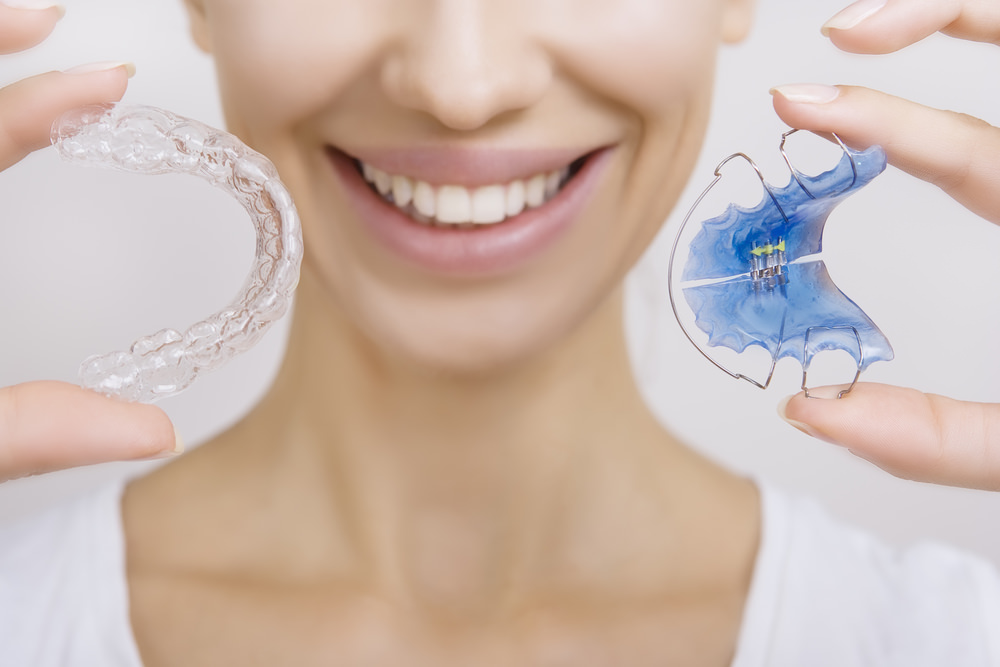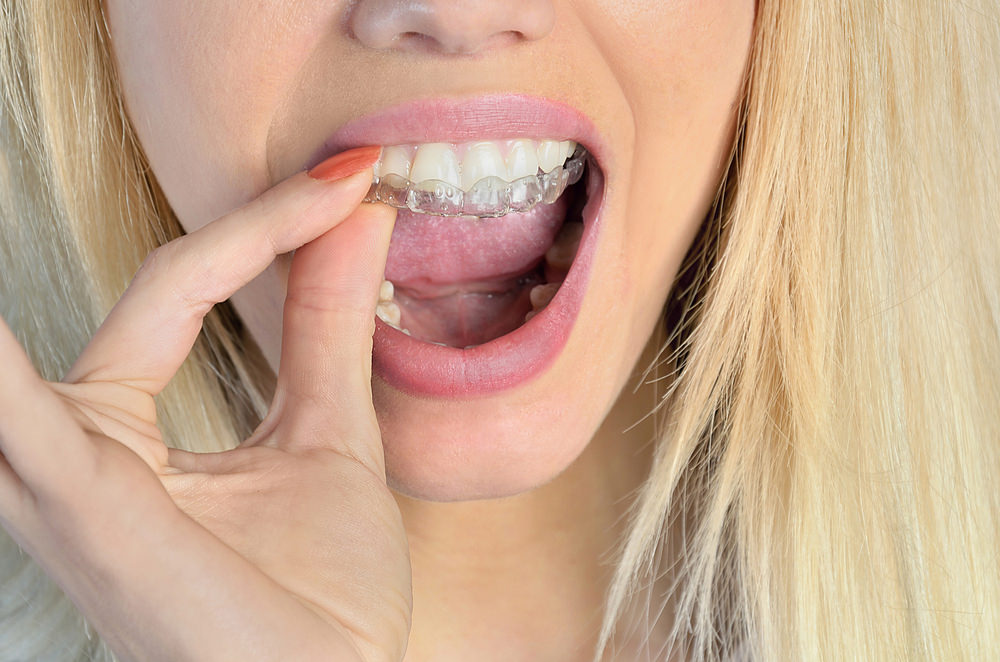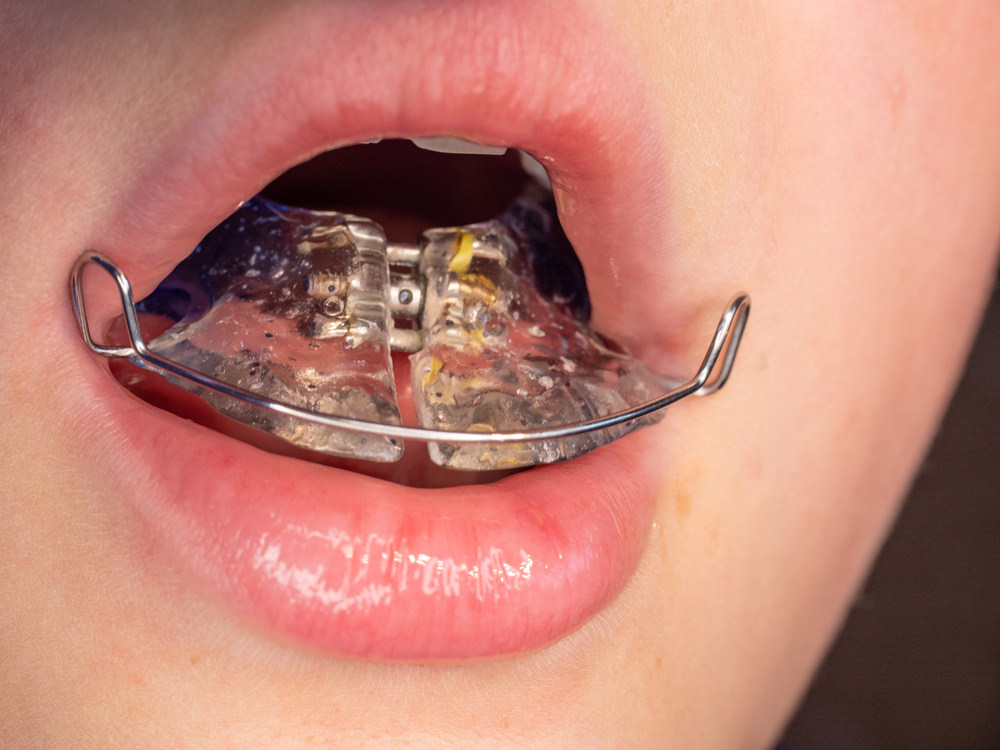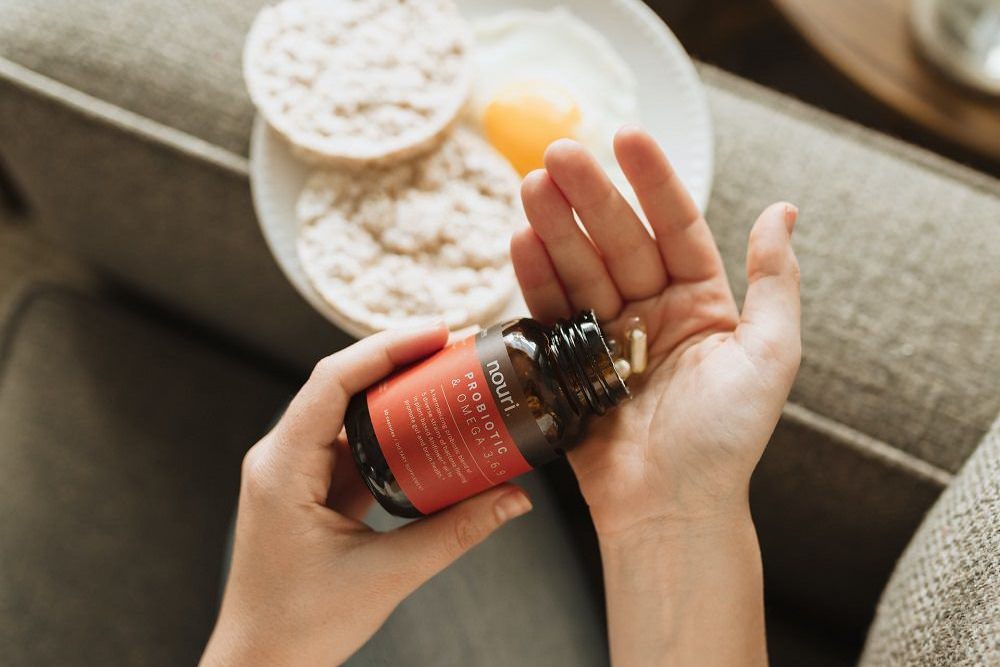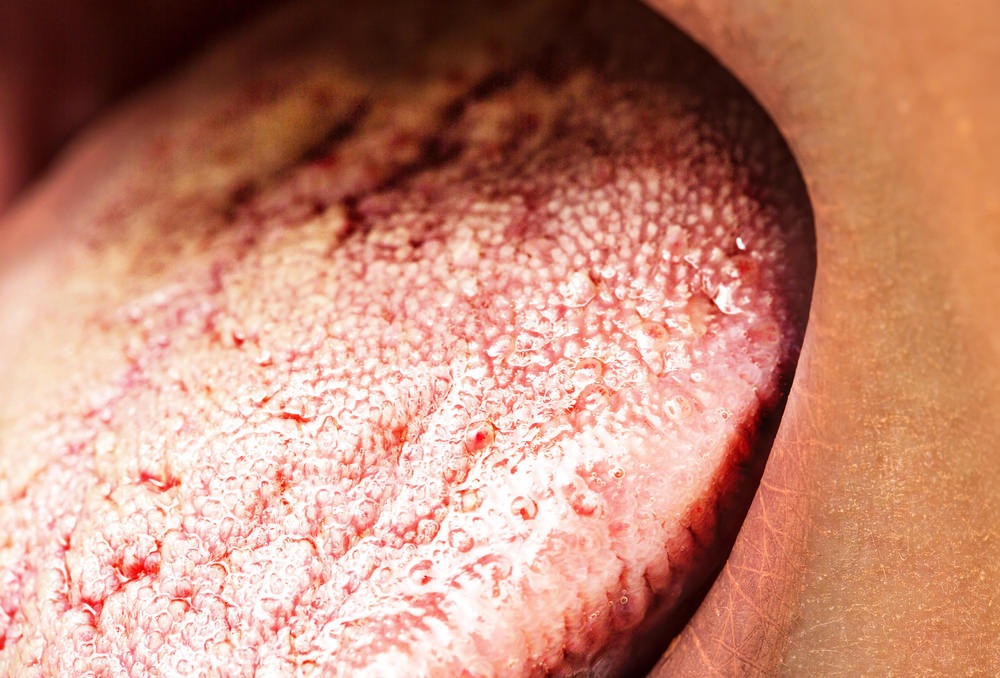Clean Retainers Without Harsh Chemicals – A Natural Guide
If you wear a retainer, something that you may wonder is – what is the best way to clean a retainer naturally?
Simply soaking your retainer in distilled water (with the addition of baking soda or castile soap), or white vinegar once a week are all great ways to naturally keep a retainer fresh and clean.
Today I will cover whether natural ingredients clean a retain just as well as other products.
I will discuss the bacterial that grow on a retainer, and why at times they smell so bad. I will also talk about whether it is dangerous to use a retainer that has not been cleaned.
Lastly, I will discuss if a retainer ever gets so bad that you need to throw it out.
Let’s begin, so you can start cleaning.
Do Natural Ingredients Clean a Retainer Just as Well?
The old-fashioned way of cleaning your retainer involves scrubbing it with toothpaste and a toothbrush or soaking it in a denture cleaner, such as Efferdent or Polident.
But natural ingredients have come a long way and can work just as well as some traditional methods. I have listed these below.
Firstly though, I will note that none of these methods requires you to use a toothbrush.
Brushing can cut the material of your retainer, which leaves space for bacteria to reside and multiply.
This is what we’re trying to avoid, so sticking to soaking is a good idea.
It’s also important to note that an extensive clean such as those listed below should be done once a week.
Water
Water itself will not clean a retainer, but keeping it moist at all times helps.
So drinking plenty of water throughout your day can help stop bacteria from growing.
If your retainer feels unclean, you can just try and swish some water around your mouth a couple of times.
Soak your retainer in distilled water any time you remove it.
Alternatively, if you have nothing to soak it in, or it is dirty and you cannot clean it immediately, soak it in a damp paper towel until you can clean it.
Baking Soda
Baking soda is an effective, safe, all-purpose disinfectant.
Without using chemicals it:
- Controls bacteria.
- Stabilises the pH of the retainer, stopping the mouth from getting a pH imbalance.
- Keeps the smell at bay, as it is a natural deodoriser.
- It may possibly also help to whiten yellowed retainers.
A mixture of half baking soda, half water can be used, as this should be thick enough to stick to the retainer.
You can put aside something such as a stainless-steel parmesan cheese shaker and fill it with baking soda, and then with a few shakes, you can add this to your container of distilled water and soak.
When finished, rinse it thoroughly to ensure all remnants of the mixture have come off.
Vinegar
White vinegar is a mild disinfectant, and it can help to remove odour and residue from retainers.
In a small bowl, you can mix together half vinegar and half warm water, and then soak your retainer in this for 20 minutes.
If your retainer is extremely dirty, after this you can then rinse it with cold water, and soak again in a new batch of vinegar for another 20 minutes.
When finished, rinse and soak in distilled water.
Castile Soap
Castile soap is not as toxic as a lot of other cleaning products.
It is available to purchase at most stores, but if you have trouble finding it, you can make your own from a solution of olive oil and coconut soap.
Use it to clean your retainer by adding a small piece to the warm water you soak the retainer in.
Leave your retainer to soak for 2 – 3 minutes. When finished, rinse with cool water. Repeat as needed.
Note that Castile Soap may have essential oils that have an antibacterial effect on your mouth, so be sure to rinse the retainer thoroughly before putting it back in your mouth.
Mouthwash
Mouthwash was made to win the war against plaque, bacteria, and other deposits in your mouth.
If you do not have other options available, they can also be used to soak your retainer.
However, it is not ideal to clean it every time, as it may not clean it thoroughly. A mouthwash that contains alcohol can also dry out the retainer and your mouth.
But if it is the only option available to you, you can dip the retainer in non-alcoholic mouthwash for 2-3 minutes, and rinse it with cold water.
What Bacterial Grows on Retainers?
Your retainer will collect bacteria, plaque and tartar from your mouth while you are wearing it.
The bacteria it breeds include dangerous microbes such as:
• Streptococcus, including S. sanguinis, S. mitis, and S. salivarius.
• Lactobacillus.
• Veillonella.
While these bacteria are often found in the mouth, if too much build-up, they can make you sick.
There is also the potential that you can become exposed to Candida albicans.
Generally, if you have a healthy immune system, neither Streptococcus nor Candida is a big cause for concern.
But if you have a weakened immune system, you may need to be a little warier.
Advise your Dentist or Doctor immediately if you see any redness, inflammation, or further troubling symptoms inside your mouth.
For further information on what this bacteria can cause if you do not treat your retainer with care, see the sub-heading “Is It Dangerous to Use a Retainer That Has Not Been Cleaned”.
Why Do Retainers Smell So Bad?
Just like your teeth, as time goes by your retainer will keep collecting bacteria, plaque, and tartar from your mouth.
This can build up on the surface of your retainer, and the bacteria can thrive in this environment.
When thriving, the bacteria will release gas as a form of waste. This will add to the bad breath and foul smell that you experience from your retainer.
If you let plaque continue to stockpile on your retainer, it will end up developing an odour so strong that many people describe it as smelling like “poop”.
This is why it is so important to clean and maintain your retainer, as this is not exactly the smell you want to put in your mouth.
Is It Dangerous to Use a Retainer That Has Not Been Cleaned?
Simply put, the answer to this question is a big YES.
The majority of people would never think about going for days without cleaning their teeth.
But many people who wear a retainer go for long periods of time without cleaning these devices.
The same bacteria that grow on your teeth are in your mouth, and so can grow on your retainer.
Meaning, even on a clean retainer, there are live bacteria.
So, putting a retainer that has not been cleaned in your mouth is like putting a bacteria, plaque and tartar-ridder solution directly on your teeth and gums.
Think then, on a dirty retainer, one that has not been cleaned, how much dangerous bacteria can be gathering.
As mentioned previously, Candida is a common fungus living on your retainer.
To begin with, this can be totally harmless, but if it grows it can turn into a yeast infection, known as oral thrush.
Streptococcus bacteria can cause strep throat – an infection of the tonsils and throat that gives you a sore throat, fever, and red, inflamed tonsils.
Staphylococcus has also been found on retainers, and this can cause severe staph infection.
Not cleaning retainers can also give you cavities.
The tricky part is we’re talking about microscopic organisms that are causing these things to happen.
These are dangerous threats that the human eye cannot see.
So, the only way that you can make sure that your retainer is free of these bacteria is to clean them, and often.
Does a Retainer Get So Bad That You Need to Throw it Out?
Unfortunately, this could potentially be the case.
There may come a point in time when you might need a replacement for your retainer.
If despite the fact that you have done your best to clean and maintain your retainer, it keeps giving off a bad odour, this means that the build-up of bacteria and tartar has won the battle, and has taken over.
Speak to your Dentist or Orthodontist about getting a replacement, as continuing to wear the same retainer with this amount of bacteria and tartar can be dangerous.
It may be costly to replace, but it is better than the alternative, which is further dental issues, which will cost more again to fix.
Conclusion
If you do not know how to clean your retainer, I hope we have given you a few simple solutions that will help.
But as always, you can speak to your Dentist or Orthodontist if you have any concerns about the cleanliness of your retainer.
You should also follow up the proper maintenance with your Dentist or Orthodontist – that is, getting them to review your retainer care as suggested.
Can you think of any ways to clean a retainer that aren’t mentioned in this post?
By Anthony Cade
Created at June 17, 2021, Updated at January 25, 2025


